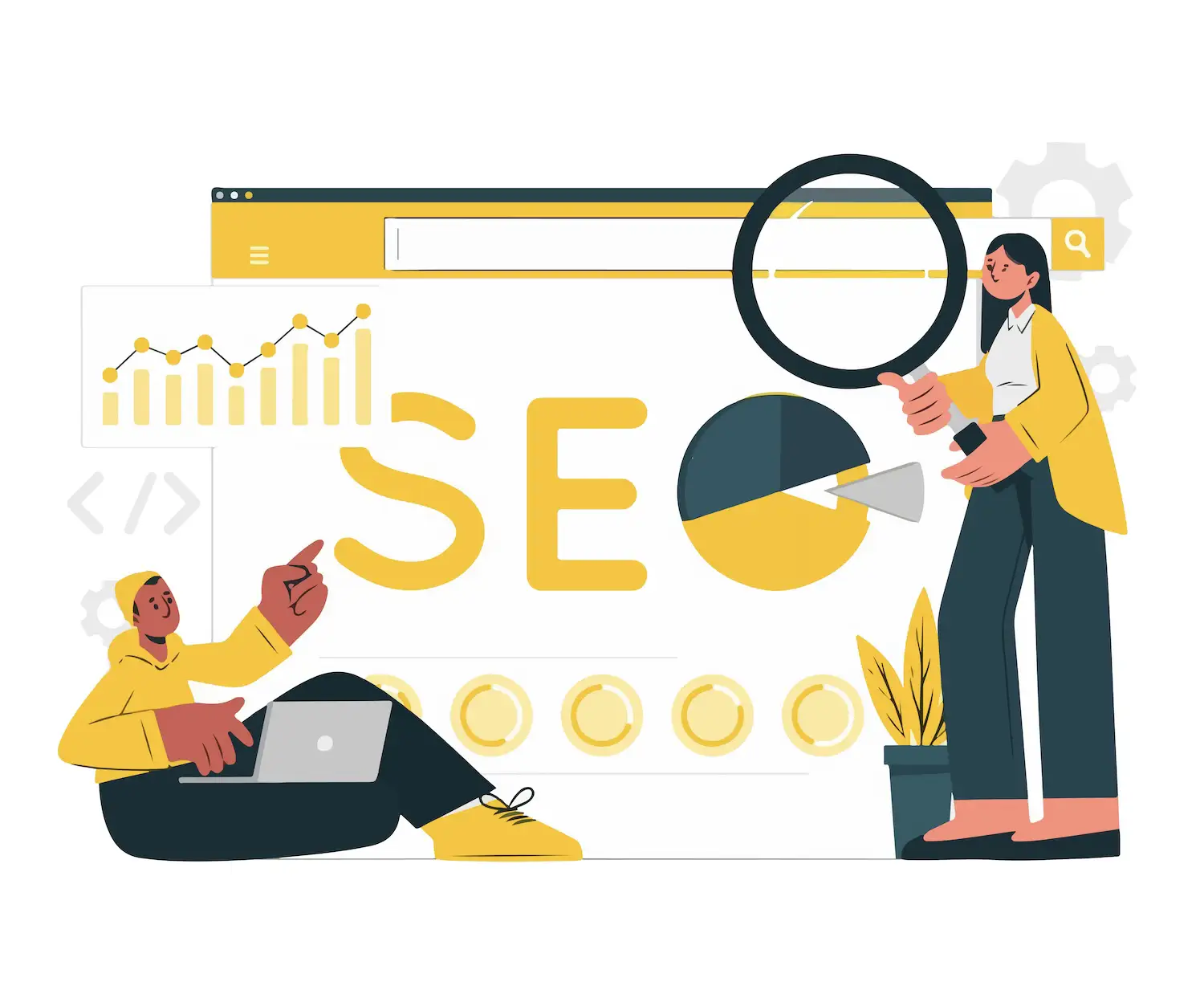The Elements of Digital Marketing

A well-executed digital marketing strategy can help you achieve your goals within a defined timeframe. To begin, it’s crucial to ensure that your strategy effectively communicates the benefits of your product or service, resonating with your target audience. The focus should be on marketing plans that enable your company to connect with its intended customer base.
One of the advantages of digital marketing strategies is the flexibility they offer to experiment with various ways of engaging customers. If one approach doesn’t yield the desired results, you can adjust it or quickly try alternative methods to determine what’s effective and what isn’t. However, it’s important to note that digital marketing encompasses diverse methods and approaches, each serving different purposes.
Website Development

Web development is a key part of digital marketing for various reasons. It helps create a strong online presence for businesses and enhances user experience by building well-structured websites. These sites are vital for sharing valuable content, supporting SEO efforts, ensuring mobile compatibility, and optimizing conversions. Web development also integrates tracking tools for data-driven decision-making and enables e-commerce functions. In a nutshell, web development is crucial for a successful digital marketing strategy.
Email Marketing

Email marketing is a key part of digital marketing for a few important reasons. It allows direct communication with engaged subscribers, is cost-effective, and enables precise targeting. Email marketing helps build customer relationships through personalized messages and automation. It also provides data and analytics for refining marketing strategies. In a nutshell, email marketing is a powerful tool for engaging with your audience and driving results in digital marketing.
Social Media Marketing

Social media marketing is a fundamental component of digital marketing because it leverages the immense reach, engagement, and influence of social media platforms to achieve marketing goals. In today’s digital landscape, people spend a significant portion of their online time on platforms like Facebook, Instagram, Twitter, and LinkedIn.
These platforms offer a unique opportunity for businesses to connect with their target audience directly. Social media marketing enables businesses to create and share content, engage in two-way communication with customers, and build brand awareness. It facilitates the viral spread of content through likes, shares, and comments, amplifying a brand’s message. Moreover, it allows for precise audience targeting, ensuring that content reaches the right people at the right time.
Social media marketing is instrumental in driving website traffic, lead generation, and e-commerce sales. It also provides valuable insights through analytics, helping businesses refine their strategies based on real-time data. Therefore, social media marketing is an integral element of digital marketing, delivering a powerful means to connect with and influence the digital consumer.
Search Engine Optimization (SEO)

Search Engine Optimization (SEO) is a critical aspect of digital marketing. It involves a set of strategies and techniques designed to improve a website’s visibility and ranking in search engine results pages, such as Google, Bing, and Yahoo. SEO aims to enhance a website’s organic (non-paid) search engine traffic by optimizing various factors, including on-page elements like content, meta tags, and keywords, as well as off-page factors like backlinks and social signals.
The importance of SEO in digital marketing lies in its ability to drive targeted organic traffic to a website, resulting in higher visibility, increased brand credibility, and better user experience. When a website ranks higher in search results, it is more likely to attract potential customers, which is crucial for businesses aiming to succeed in the competitive online landscape. By understanding and implementing effective SEO strategies, businesses can improve their online presence, reach their target audience, and ultimately achieve their digital marketing objectives.
Content Writing

Content writing is a fundamental and indispensable aspect of digital marketing. It involves the creation of written content, encompassing a wide range of formats such as articles, blog posts, website copy, and social media updates, with the primary aim of engaging and informing a specific target audience. This practice holds crucial importance in the digital realm for several reasons. Firstly, content serves as a valuable source of information and education, answering questions and providing insights. It also plays a vital role in search engine optimization (SEO), enhancing a website’s visibility and search engine ranking.
Moreover, compelling content keeps readers engaged, encourages social sharing and interaction, and conveys a brand’s identity and messaging. Furthermore, it can be a powerful tool for lead generation, building authority and credibility in an industry, and influencing the conversion process. In the world of digital marketing, content writing is at the core of successful online campaigns, facilitating audience connection, traffic generation, relationship building, and the achievement of marketing goals.
Paid Ads

Paid advertising, often referred to as paid ads, plays a crucial role in digital marketing. It involves businesses and individuals paying for online ad space to promote their products, services, or content. Paid ads come in various forms, including search engine ads, display ads, social media ads, and video ads, among others. The significance of paid advertising lies in its ability to provide targeted reach, immediate visibility, and scalability. It allows advertisers to precisely target their desired audience based on demographics, interests, and behavior, ensuring that their message reaches the right people.
Additionally, paid advertising offers the advantage of instant visibility, making it ideal for time-sensitive promotions and quick online visibility. Marketers benefit from detailed data and analytics, enabling them to track ad performance, conduct A/B tests, and refine campaigns for optimal results. With a wide variety of advertising platforms available, businesses can choose the most suitable channels to achieve their specific marketing goals, making paid advertising an integral and effective component of the digital marketing toolkit.





